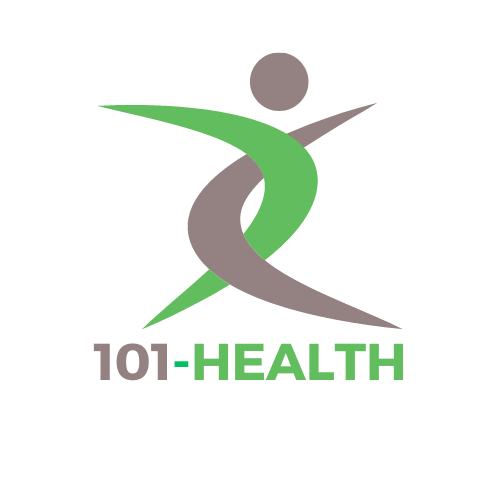In the pursuit of optimal health and well-being, harnessing the power of antioxidants and minerals found in nature can be transformative.
Antioxidants help neutralize harmful free radicals in the body, protecting cells from oxidative damage and reducing the risk of chronic diseases.
Similarly, minerals play crucial roles in various physiological processes, supporting everything from bone health to immune function.
In this article, we explore the abundance of natural sources of antioxidants and minerals, highlighting their benefits and providing practical tips for incorporating them into your diet.
Antioxidants
Nature’s Defense Against Oxidative Stress Antioxidants are compounds that inhibit the oxidation of other molecules, thereby preventing the formation of free radicals and oxidative stress.
By neutralizing free radicals, antioxidants help safeguard cells and tissues from damage, promoting overall health and longevity. Some of the most potent antioxidants found in nature include:
- Vitamin C: Abundant in fruits such as oranges, strawberries, and kiwi, as well as vegetables like bell peppers and broccoli, vitamin C is a powerful antioxidant that supports immune function and collagen synthesis.
- Vitamin E: Found in nuts, seeds, vegetable oils, and leafy green vegetables, vitamin E protects cell membranes from oxidative damage and contributes to skin health and cardiovascular function.
- Flavonoids: These plant-based antioxidants are abundant in colorful fruits and vegetables, as well as tea, cocoa, and red wine. Flavonoids have anti-inflammatory and immune-boosting properties, promoting heart health and cognitive function.
- Polyphenols: Found in foods such as berries, grapes, green tea, and dark chocolate, polyphenols exhibit potent antioxidant and anti-inflammatory effects, reducing the risk of chronic diseases such as cancer and diabetes.
Minerals
Essential Nutrients for Vitality and Well-Being Minerals are inorganic elements that are essential for various physiological functions in the body, including bone formation, nerve transmission, and fluid balance. Incorporating mineral-rich foods into your diet is crucial for maintaining optimal health and vitality. Some of the key minerals and their natural sources include:
- Calcium: Found in dairy products such as milk, yogurt, and cheese, as well as leafy green vegetables, almonds, and tofu, calcium is essential for bone health, muscle function, and nerve transmission.
- Magnesium: Abundant in nuts, seeds, whole grains, legumes, and leafy green vegetables, magnesium plays a role in energy metabolism, muscle relaxation, and cardiovascular health.
- Potassium: Found in bananas, potatoes, sweet potatoes, spinach, and avocados, potassium helps regulate blood pressure, muscle contraction, and fluid balance in the body.
- Zinc: Found in oysters, red meat, poultry, nuts, seeds, and whole grains, zinc supports immune function, wound healing, and reproductive health.
Incorporating Antioxidants and Minerals into Your Diet
To reap the benefits of antioxidants and minerals, aim to consume a diverse array of nutrient-rich foods from all food groups.
Incorporate a variety of colorful fruits and vegetables, whole grains, lean proteins, nuts, seeds, and legumes into your meals and snacks.
Consider adding antioxidant-rich herbs and spices such as turmeric, cinnamon, and ginger to your dishes for an extra nutritional boost.
Additionally, opt for cooking methods that preserve the nutritional content of foods, such as steaming, roasting, and sautéing.
Conclusion
Nature provides a bountiful array of antioxidants and minerals that are essential for supporting overall health and well-being.
By incorporating antioxidant-rich foods and mineral-rich ingredients into your diet, you can nourish your body from the inside out, promoting vitality, resilience, and longevity.
Embrace the abundance of natural sources of antioxidants and minerals and savor the benefits of a nutrient-rich diet for a healthier, happier you.






